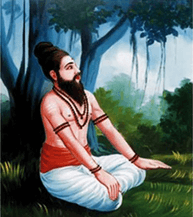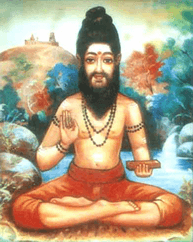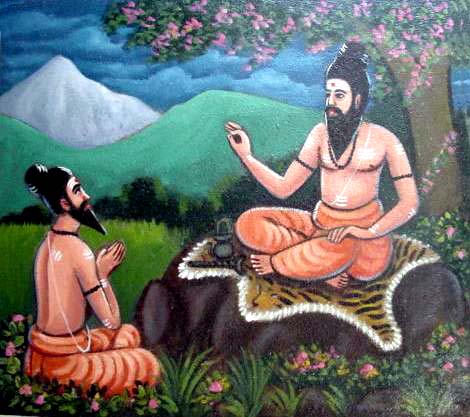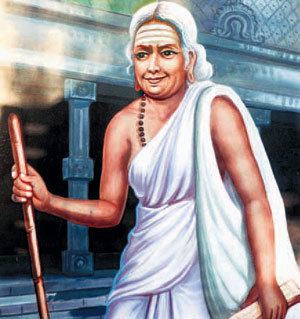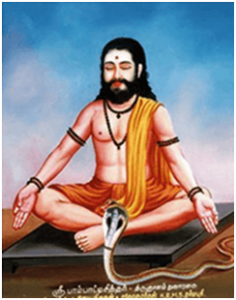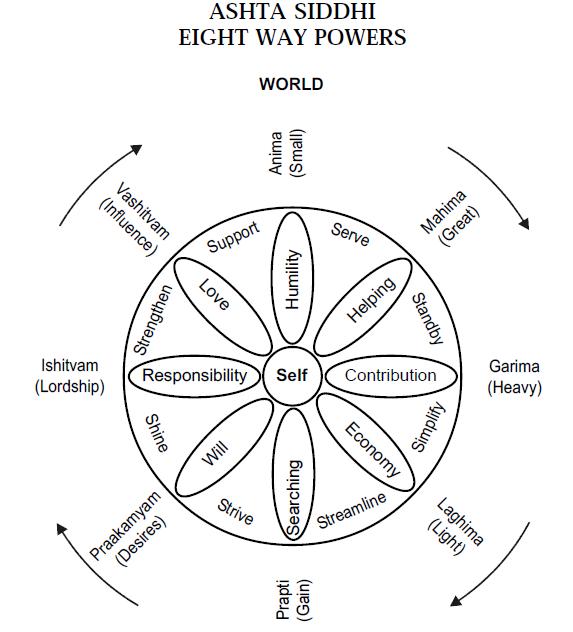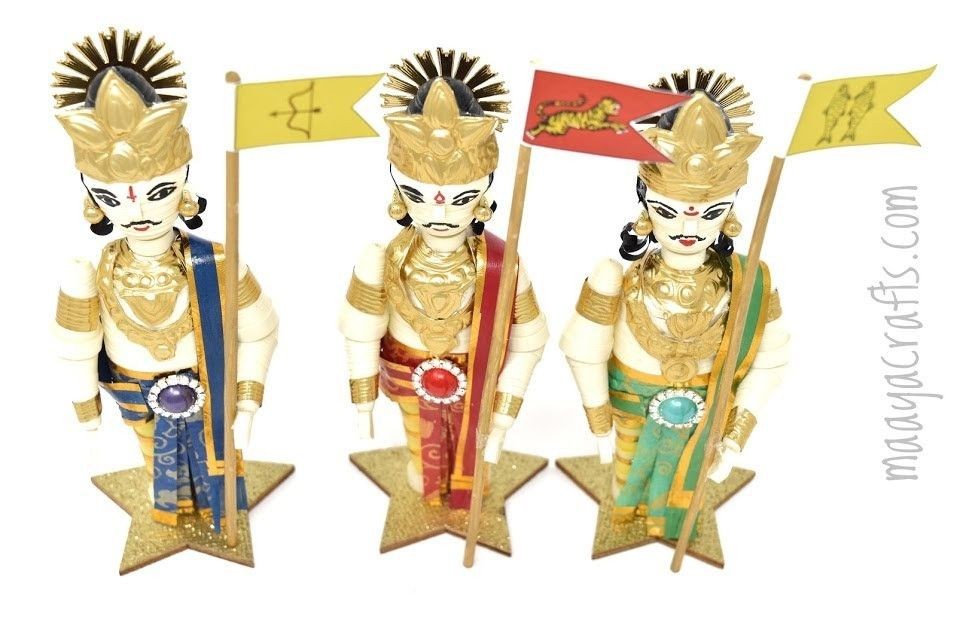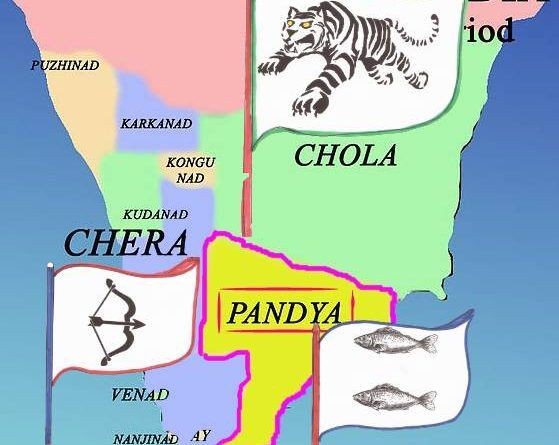
This thread is not going to be info sharing, however I'm gonna document my thoughts on what I have seen here and ask few Qs.
I've been active on Twitter since past year, even though I created this profile back in 2015. I have come across many learned individuals +
@anexcommie
I've been active on Twitter since past year, even though I created this profile back in 2015. I have come across many learned individuals +
@anexcommie
and great many educating threads. However, I have also come across some nasty (side of) personalities and Tweets that were really in bad taste - at least for me.
I have been asked to choose sides, take a position, when two good handles were going at each other.
@shreekanth2020
I have been asked to choose sides, take a position, when two good handles were going at each other.
@shreekanth2020
My position remains as in real life - every body has a point of view and tht shud be respected. I find calling ppl names is uncalled for, but when some ppl with followers in 10s thousands can call Adi Shankaracharya ji as 'bigot', then the rest seem mild.
@HelloNNewman @rspchary
@HelloNNewman @rspchary
I also kind of wonder, how easy it wud hv been for rabid Mughals and wily Brits to impose their will, when Bhartiyas were busy in one-upping each others. Is it too much to ask for ppl to unite as a Indic, irrespective of which faith you follow, which social class you belong to?
I conciously use the word 'social class' and not caste.
As Sanatani's, core part of our belief/faith is being a Seeker. I have equally supported ppl/posts tht are brilliant & absurd. Bcos, I believe ppl shud make their own informed decision.
@Kishoreciyer1 @mayfair1958
As Sanatani's, core part of our belief/faith is being a Seeker. I have equally supported ppl/posts tht are brilliant & absurd. Bcos, I believe ppl shud make their own informed decision.
@Kishoreciyer1 @mayfair1958
Unless you come across contradictory information, you'll not be compelled to do your own research/study. And that's imp part of an individual's growth.
And as a Seeker, it's difficult for me to accept/believe one narrative/person. When I do that, I hamper my growth. @BahuRaani
And as a Seeker, it's difficult for me to accept/believe one narrative/person. When I do that, I hamper my growth. @BahuRaani
And I believe the same applies to everyone.
Funny thing I observed here, ppl who hv no business with Sanatana Dharma, share poorly translated snippets of scripture and call Sanatan Dharma as regressive. People - on all sides, try to understand that Sanatana Dharma +
Funny thing I observed here, ppl who hv no business with Sanatana Dharma, share poorly translated snippets of scripture and call Sanatan Dharma as regressive. People - on all sides, try to understand that Sanatana Dharma +
+ and it's scriptures r nt straight forward to comprehend. There's subtlety in there and unless you have a Guru to guide you, reading translations online/books, is just waste of time.
What cracks me up is tht ppl who believe everything is by God's grace +
@wataboutery
What cracks me up is tht ppl who believe everything is by God's grace +
@wataboutery
try & teach Sanatani's, who see Divinity in everything and follow the path of Karma.
There's so much to cover, but then I might break my own record for the length of thread. I think, I have documented some important points. I 'might' write a follow-up thread, but not sure.
There's so much to cover, but then I might break my own record for the length of thread. I think, I have documented some important points. I 'might' write a follow-up thread, but not sure.
And apologies for the delay in sharing thread on Kālāngināthar Siddhar, will share it tomorrow, around same time.
Have a good evening! Wishing everyone a very Happy Durgashtami!
Jai Mata Di! 🙏🏻🙏🏻🙏🏻
@BesuraTaansane
Have a good evening! Wishing everyone a very Happy Durgashtami!
Jai Mata Di! 🙏🏻🙏🏻🙏🏻
@BesuraTaansane
• • •
Missing some Tweet in this thread? You can try to
force a refresh

